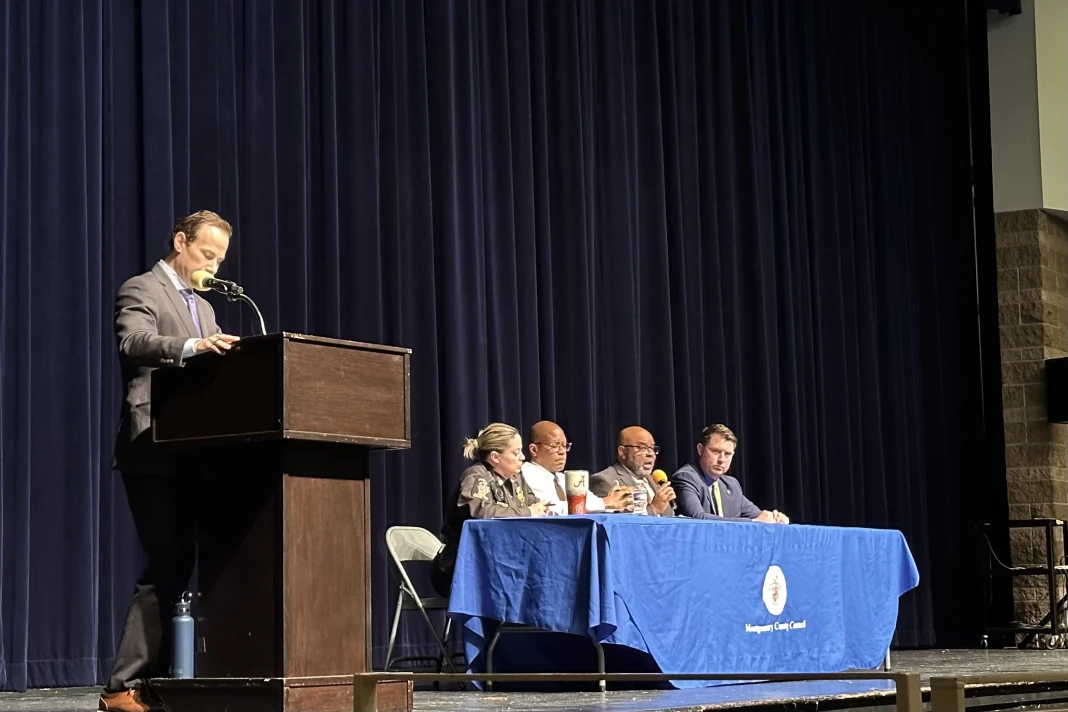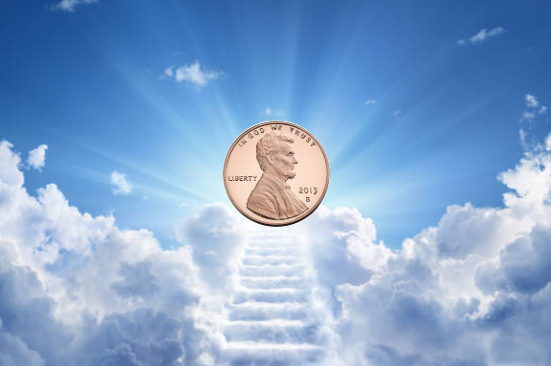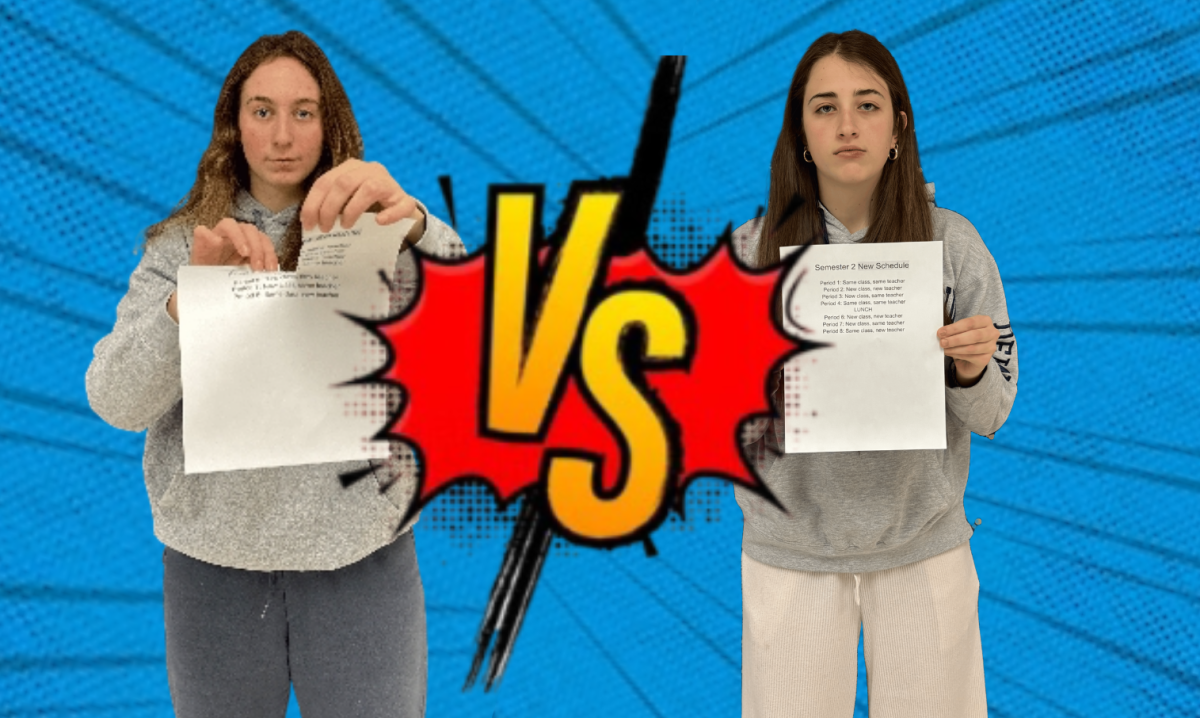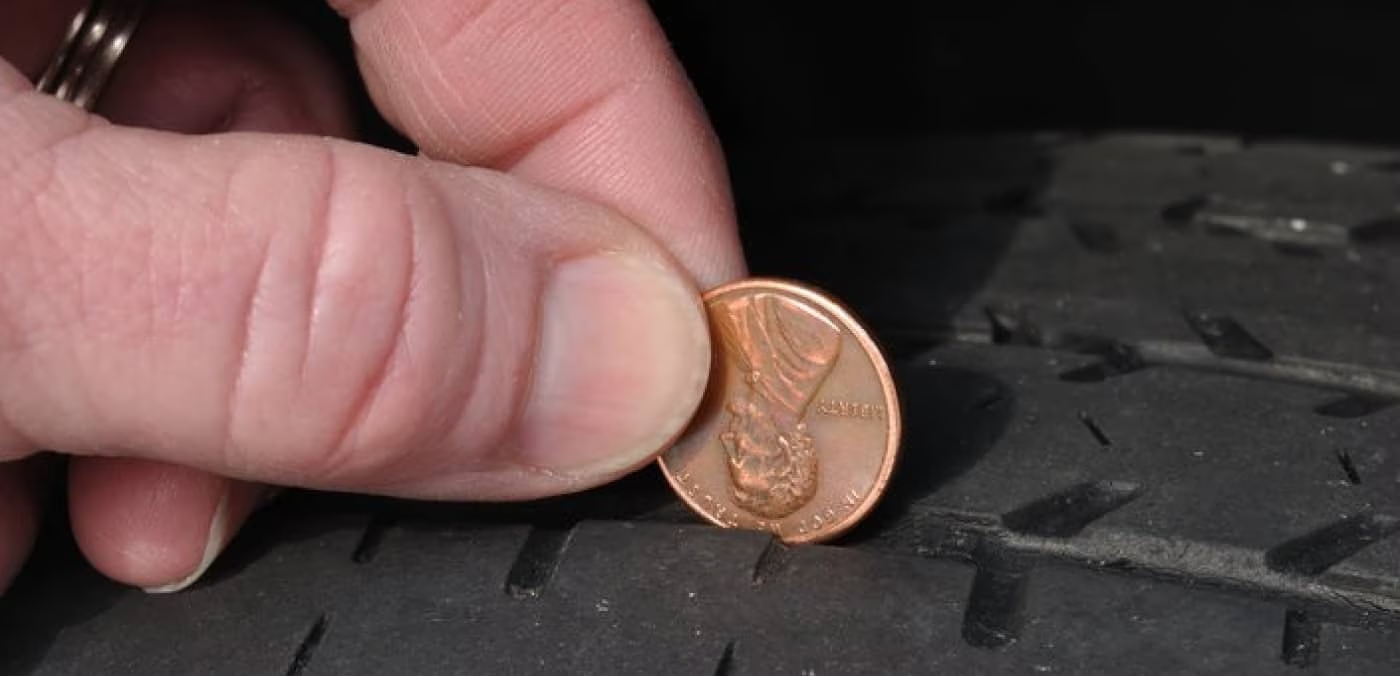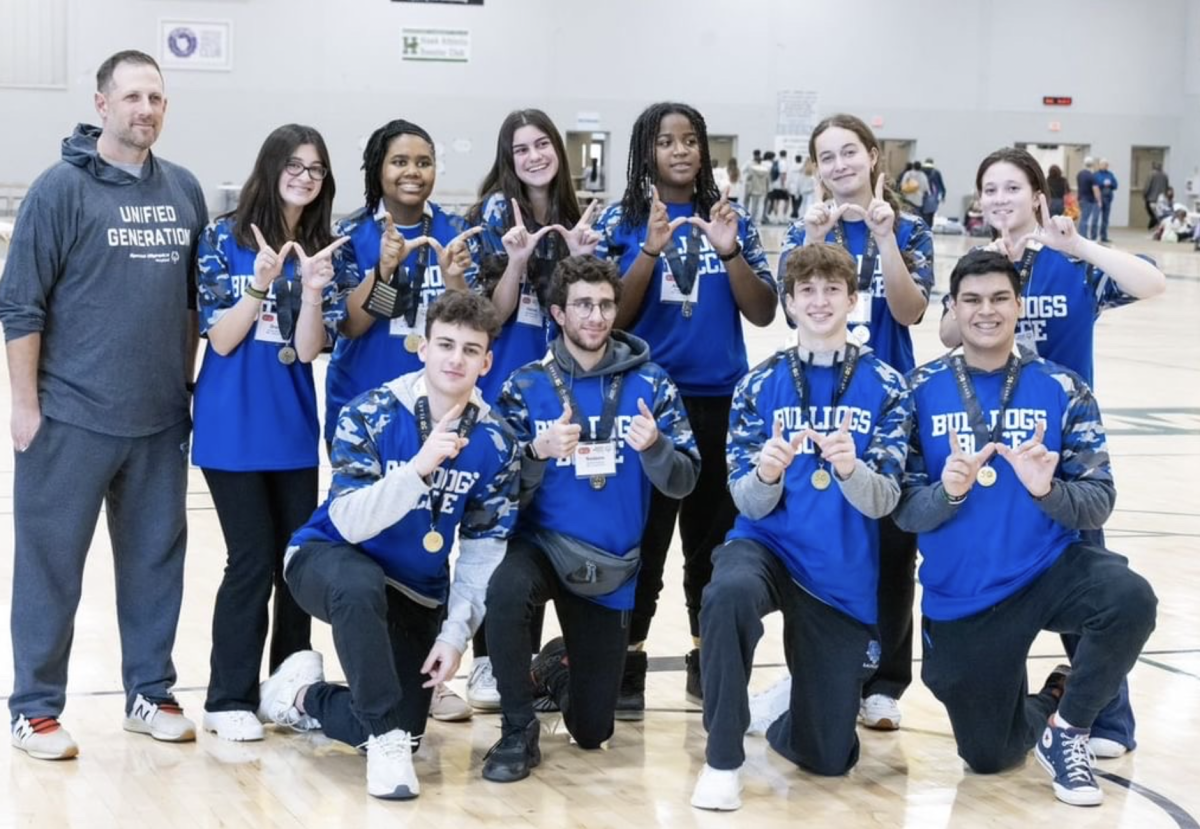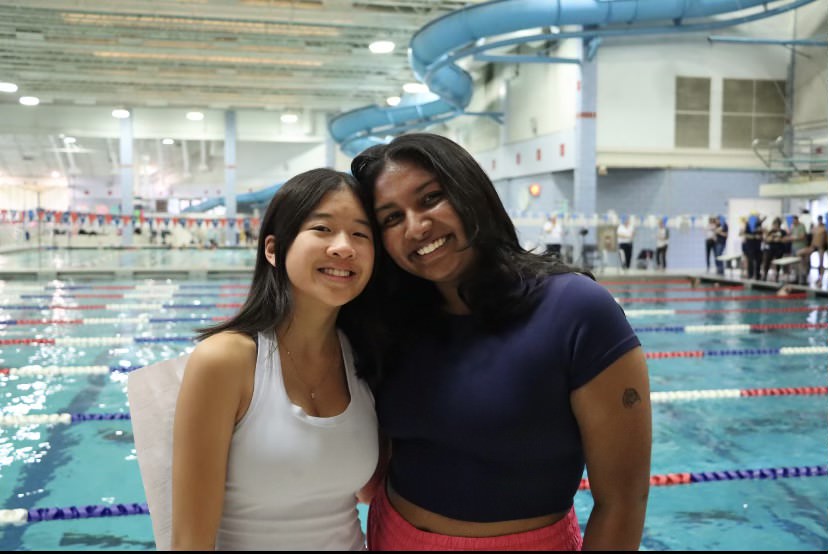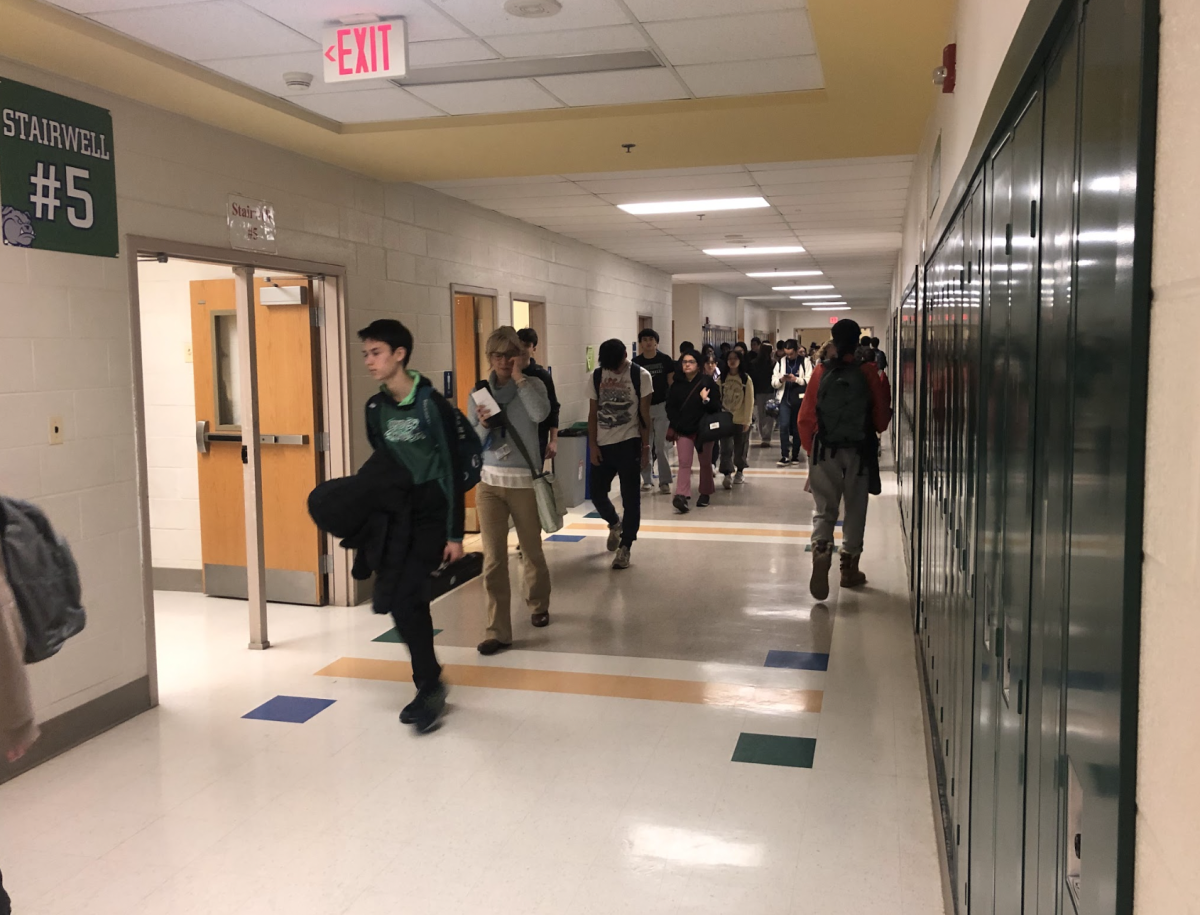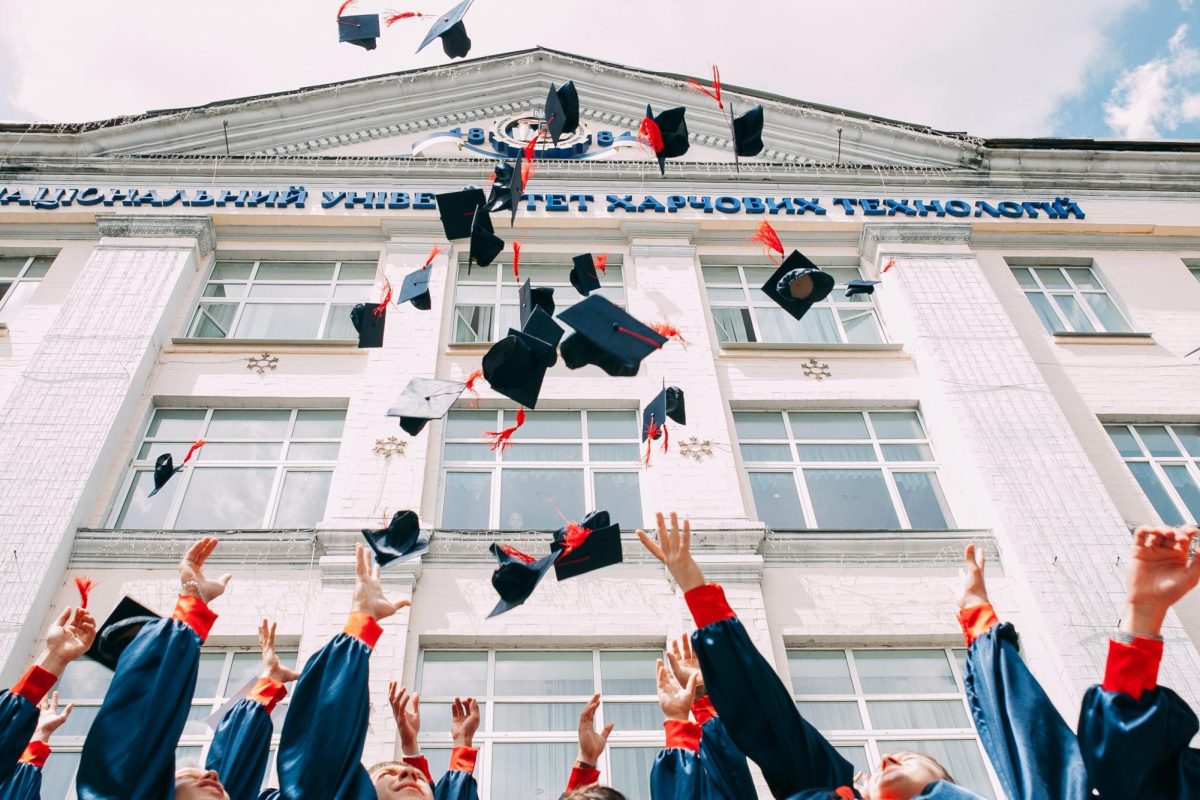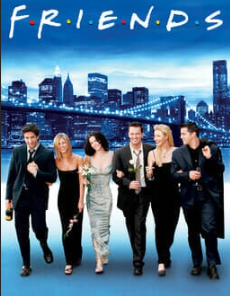The current process students must undergo to acquire the necessary 75 student service learning (SSL) hours for graduation is complicated, and the policy on acceptable activities is too restrictive.
To obtain SSL hours, students are required to fill out a preapproval form which must be submitted to the SSL coordinator at least two weeks before the activity, along with a verification form after the activity has taken place.
These overly bureaucratic procedures are not only annoying, but the only “learning” involved is teaching students how to bother managers for basic information about their organization. The drag of having to fill out these documents can influence where students choose to spend their service hours.
A typical high school student faced with a decision of which organization to serve will almost always settle for the one that does not require a preapproval form. Thus, students are incentivized to engage in county-sponsored activities rather than those that really interest them or really need volunteers.
To the disappointment of many students, SSL hours are not awarded for any kind of religious service; all activities must be secular, so many activities that benefit the community, like helping out at a church camp or BBYO, might not be eligible for SSL hours.
This selectiveness in awarding SSL hours is unacceptable. The county should not be allowed to pick and choose which activities deserve credit and which activities are, in the county’s eyes, unworthy.
Proponents of the current system argue that even though students are not awarded SSL hours for religious activities, this should not prevent them from performing these activities on their own. However, many students feel pressured to receive the hours necessary for graduation and do not feel as if they have time for service activities that do not award hours.
The result is that many students go through high school and serve their community for 75 hours, as required. But with no heart in what they do, they cannot learn from their experiences because their service was not what they were truly passionate about, but what the county allowed them to do with as little extra effort as possible.
According to CHS SSL coordinator Wendy Tilles, the purpose of SSL is to make sure that Maryland is producing global citizens who look outside themselves and help others.
This is certainly a worthy goal, but do most students look at SSL hours as an opportunity to serve the community, or simply as a requirement to graduate? The current system, with its complications and exclusiveness has prevented students from achieving the true purpose of SSL.
The system must be changed, either through loosening the restrictions on activities or abolishing the preapproval form altogether so that students can earn hours through activities that they enjoy— only then might students “look outside” themselves and become “global citizens.”


